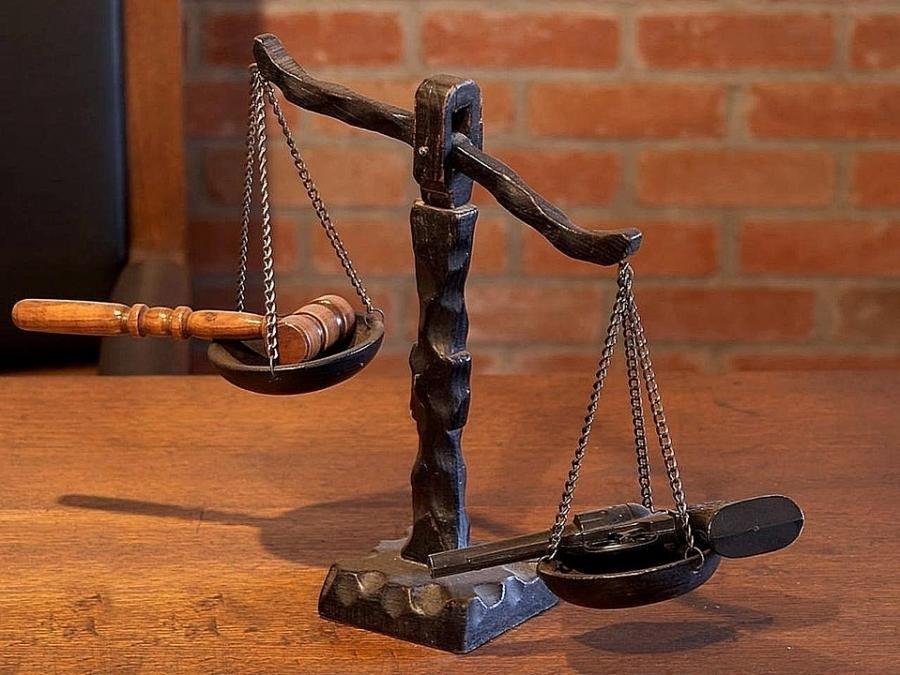The Prospect of Increasing Damage Caps in Title VII Cases by Including Affiliate Companies in Litigation

Compensatory and punitive damages in federal employment actions under Title VII are capped:
- $50,000 for employers who have between 15-100 employees;
- $100,000 for employers who have between 101-200 employees;
- $200,000 for employers who have between 201-500 employee and
- $300,000 for employers who have over 500 employees.
Relatively straight forward, right? Not always. What if you have 75 employees but an affiliate company (parent company, subsidiary, etc.) of yours has 35 employees? Do you fall within the $50,000 threshold or the $100,000 threshold? What if you share employees or services with your affiliate company? Does that change the equation? The answer: it depends.
Companies are generally not liable for the actions of their affiliate companies and are therefore not proper parties in lawsuits involving affiliates. Accordingly, employee counts of affiliate companies are generally not consolidated with the employee counts of the employer in litigation for the purpose of increasing damage thresholds.
However, and as with most general rules, there are exceptions. The Seventh Circuit, for instance, has held that there are three circumstances in which affiliated corporate entities can be considered proper Title VII defendants.
- First, any entity that maintained an employment relationship with the employee/applicant can be named as a defendant under Title VII.
- Second, any entity that is found to have forfeited its limited liability through, for example, piercing the corporate veil by commingling interests and ownership can be held as a proper Title VII defendant.
- And third, any affiliate company can be held as proper defendants in a Title VII lawsuit through successor liability or if it either directs the discriminatory act or practice alleged or takes action with the express purpose of avoiding liability, as would be the case if companies were broken down into smaller companies in order to fall below the statutory threshold number of employees needed for the law to apply. Worth v. Tyer, 276 F.3d 249, 259-60 (7th Cir. 2001).
Perhaps the most common, or at least most litigated, circumstance in which an affiliate company can forfeit its limited liability and be considered a proper Title VII defendant is through piercing the corporate veil.
In the Seventh Circuit, piercing the veil requires a showing that: (i) there is such unity of interests and ownership between the two companies that separate personalities no longer exists, and (ii) circumstances are such that “adherence to the fiction of separate corporate existence would sanction a fraud or promote injustice.” Worth, 276 F.3d at 60; citing Van Dorn Co. v. Future Chem. & Oil Corp., 753 F.2d 565, 569-70 (7th Cir. 1985).
Some have argued that if a company has shared employees or resources that that is enough to show unity of interests and ownership and pierce the corporate veil. Some courts, however, have held that shared employees or directors, by itself, is not sufficient to pierce the veil. See e.g. Julin v. Advanced Equities, Inc., 2014 U.S. Dist. LEXIS 155972 at *9 (N.D. Ill. 2014) (holding the fact of officers of one company serving on the board of another company insufficient to pierce the corporate veil); Hornsby v. Hornsby’s Stores, Inc.., 734 F. Supp. 302, 308 (N.D. Ill. 1990) (holding mere sharing of directors is not grounds to pierce the corporate veil) (also holding that “[t]he fact that the three corporations share directors, office space and office staff do not suggest that the Store was a mere instrumentality of the other corporations, nor does it indicate some fraud or injustice”).
Moreover, even if there were some unity of interests and ownership established, one would still need to prove that some type of fraud or injustice necessitates piercing the veil. Notably, some courts have held that even if one company has limited resources as compared to its affiliate company and not joining the affiliate company could affect a plaintiff’s ability to collect, that would by itself not be enough to pierce the veil. See e.g. Julin, citing Sea-Land Servs., Inc. v. Pepper Source, 941 F.2d 519, 524 (7th Cir. 1991) (“[T]he courts that properly have pierced corporate veils to avoid promoting injustice have found that, unless it did so, some wrong beyond a creditor’s inability to collect would result”); also see Julin, 2014 U.S. Dist. LEXIS 155972 at *9 (noting that “courts in this district have held that judgment recovery alone is not reason enough to pierce the veil”).
While piercing the veil or otherwise bringing an affiliate company into Title VII litigation and raising damage caps is often no light undertaking, it has been done. When assessing potential exposure in Title VII cases, check the law in your jurisdiction on this issue and confer with legal counsel.
© MWH Law Group LLP 2018. All rights reserved.
CONTACT ATTORNEY WARREN B. BULIOX

WARREN B. BULIOX
Partner, Milwaukee
735 N. Water Street, Suite 610, Milwaukee, WI 53202
P: (414) 436-0353 / F: (414) 436-0354
E: warren.buliox@mwhlawgroup.com
Connect on LinkedIn | Download Attorney Biography

